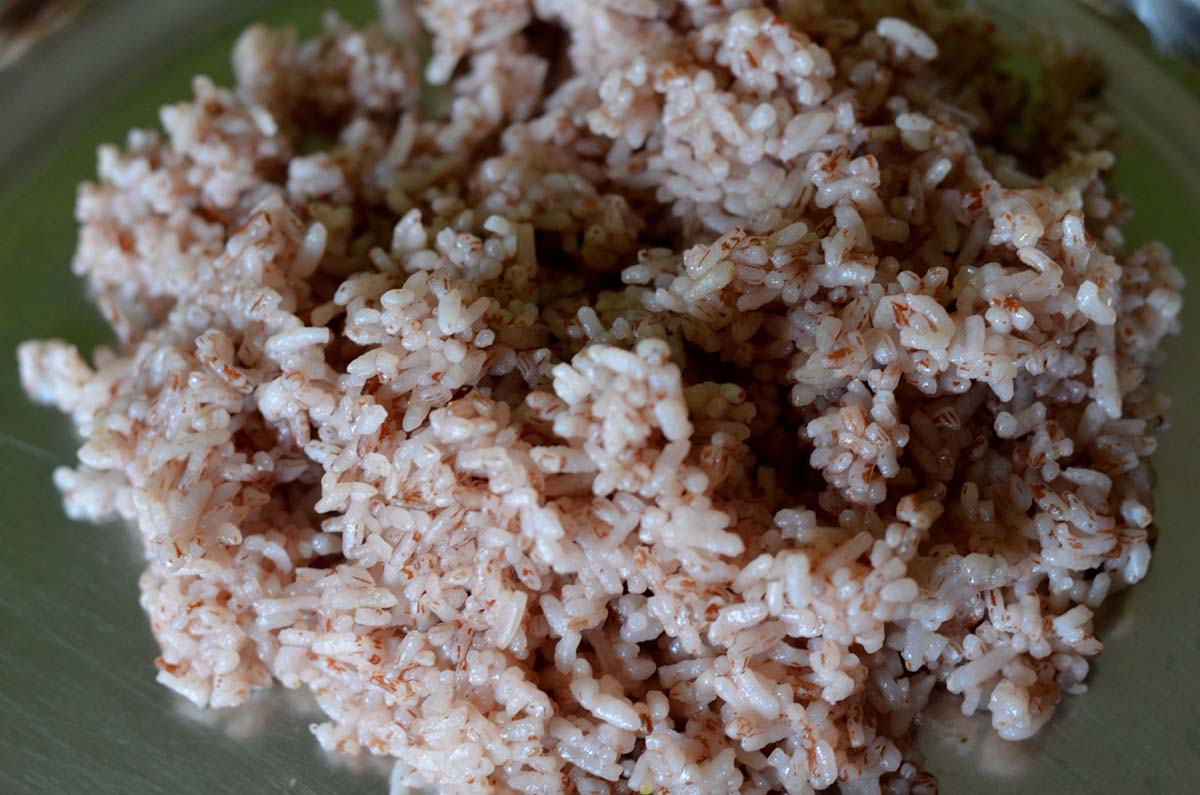
Thiamine or vitamin B1 is an important vitamin that participates in many functions and processes in the body. It must be included in the daily diet in order to prevent thiamine deficiency, which can lead to significant health problems.
There are six known vitamins, and those are vitamins A, B, C, D, E and K. They can be divided into fat-soluble vitamins, which include vitamins A, D, E and K, and water-soluble ones, which are B and C. Vitamin B is actually a complex consisting of eight subtypes. Those are thiamine, or B1, riboflavin or B2, niacin or B3, pantothenic acid or B5, pyridoxine or B6, biotin or B7, folic acid or B9 and Cyanocobalamin or B12.
Importance and health benefits of thiamine
Thiamine, also called B1 or aneurin, is a water-soluble vitamin that belongs to the B complex group. Its most important function is energy production. Human body uses carbohydrates from the food and converts them into energy with the help of thiamine. Thiamine is also essential for the production or adenosine triphosphate or ATP, which provides energy necessary for cellular reactions.
Thiamine is also necessary for the proper functioning of the heart muscle and for the nervous system. This vitamin is required for normal growth and development and also for the metabolism of protein.
The deficiency of thiamine can lead to digestive problems, constipation, headache, tiredness, fatigue, irritability, and in severe cases to a condition called beriberi, with symptoms like muscle ache, fatigue, swollen joints, limb paralysis and heart problems. Korsakoff’s syndrome is another complication of thiamine deficiency, and it is characterized by memory loss.
Food sources of thiamine
Because thiamine is a water-soluble vitamin, it cannot be stored in the body and it must be regularly provided through nutrition. Some of the best food sources of this vitamin are brown rice, wheat germ, legumes, nuts, kelp, rice bran, whole grains, fish, liver, eggs (especially yolk), poultry and peas.
These are the best food sources of thiamine, but this vitamin is present in many other foods too. For example, brewer’s yeast is a great source of it. Other foods that contain B1 or thiamine to some extent are corn, bread, macaroni, pasta, noodles, pork, ham, beef, oranges, watermelons, yogurt, milk, carrots, green leafy vegetables and fortified oatmeal and cereals.
Apart from foods, thiamine can be consumed in the form of supplements. It can be taken individually, or in B complex supplements.



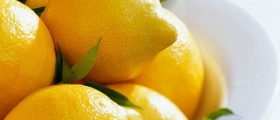
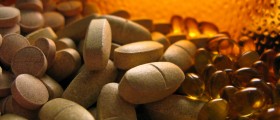




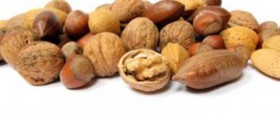
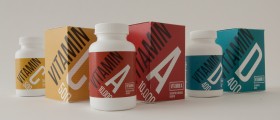
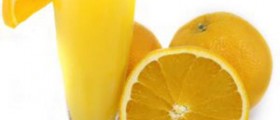



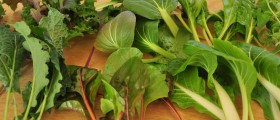

Your thoughts on this
Loading...